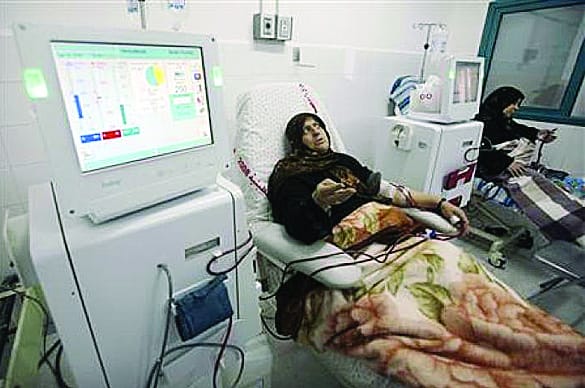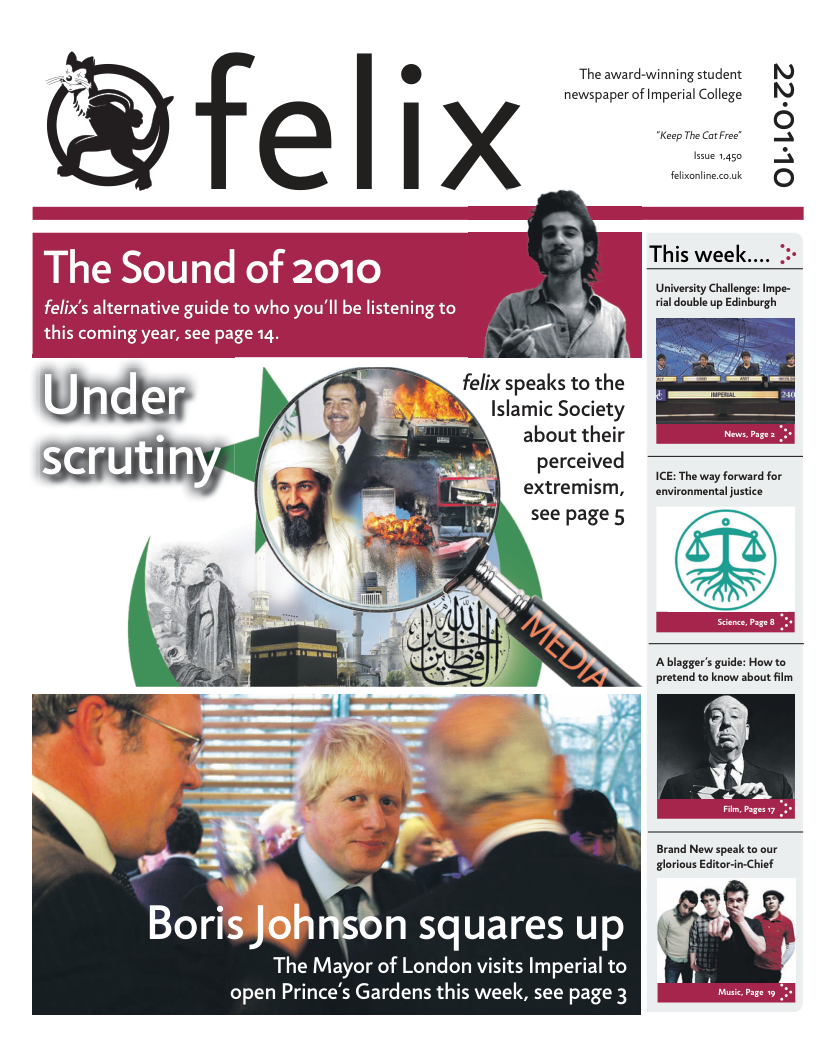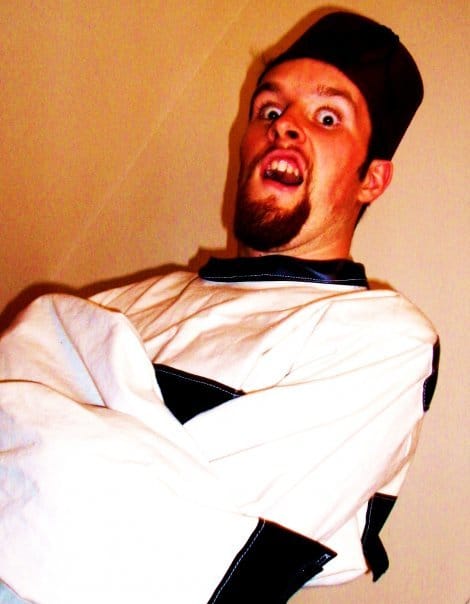The lack of human rights in Gaza
Ali Jawad on the lack of human rights in Gaza

24th December, 2008. Many of us were most likely sitting at home with the family, enjoying a peaceful night in, or out partying with friends, as Christmas Eve should be. Yet some 2000 miles away, the mood could not be more different. On a 25-mile strip of coastal land steeped in history, controversy and conflict, fighting had once again broken out. This foresaw more tears and bloodshed in the area famously dubbed ‘the world's largest open-air prison' – a fitting name for the territory, walled-off and under strict constant surveillance, encapsulating a million and a half people, many innocent children unknowing of what would befall them. War had once more struck Gaza, Palestine, already decrepit from years of repeated battles.
Yet this recent conflict, referred to as ‘The Gaza War', spurned tragedies unprecedented on these grounds, with an estimated death toll of 1400 Palestinians, over 900 of whom were civilians, as reported by the Palestinian Centre of Human Rights. However, this contrasts drastically with figures presented by the opposing Israeli Defence Force, with 1100 Palestinian mortalities, and the ratio of civilians to militia reversed. The discrepancy between statistics, not to mention the barring of reporters from entering the war zone, highlights the shrouded nature of this particular clash. Channel 4 news stalwart John Snow, viewing the clash from a hilltop outside the Gazan borders, reported: ‘As with every military conflict, the inevitable first casualty is the truth... caught in a pincer movement of lack of access, and our own regulations'. Even UN Representatives were restricted from investigating accounts of numerous war crimes and severe breaches of humanitarian law, such as the shelling of a former UN school-turn-refugee camp, resulting in the reported deaths of 40 Palestinians. Statistics can only show a small portion of war – the true horrors, such as countless bodies lying in blood-spattered rubble, or a hysterical mother rushing through the streets carrying the remains of what used to be her living, breathing child, had to be seen to be understood. As John Snow also stated: ‘Wrapped remains and wailing women shock, but do not connect in the same way. We see the image, we know it's bad, but we do not experience the emotion. When the Israelis exclude the media, they know what they are doing.'
As we look back on history, we only need to go as far as the new Millennium to gather a veritable number of past conflicts, setting aside the countless wars dating back to the historical formation of the State of Israel in 1948. The years 2000, 2001, 2002 and 2003 have all hosted major clashes between Israeli Forces and Palestinian Militia, with the unavoidable involvement of the densely-populated Gaza. Yet it was 2004 that marked the first of a series of Gaza-centred urban skirmishes, with reiterations in the second half of 2006, 2007-2008 and, most recently, the 17-day massacre of December 2008 to January 2009. Major fighting has become more than a regular visitor to the region; it is almost routine, and residents' hopes for a positive future are undoubtedly deteriorating day by day. Yet war does not stop at ‘mere' fighting – 2006 is notable for the Israeli sanctions on Gaza, which in the following year manifested into a merciless blockade that has yet to be lifted, despite calls from major powers and figures worldwide. The damage to the economy is not nearly as serious as its brutal effect on living conditions and the health services. Without running water and electricity, and lacking supplies, Gaza slowly began to wither, with hospitals producing horrific numbers of mortalities. Yet amidst the cries, Egypt, once a sympathiser with the victims, sealed off passage and aid with a barrier of their own, leaving what seemed to be almost no way out. Finally, the impoverished enclave was struck further when the Gaza War inflicted another $2 billion worth of damage. And Human Rights? The great papers of Declaration now lay tattered amongst the smouldering remains of war.
Yet the 2008/2009 war was also different in another sense; it resonated uncomfortably with a public previously apathetic to the goings-on in the territory. Support from all over the globe has poured in, and people, a vast proportion of them students, have rallied in their furious shouts for ‘something to be done', for ‘Human Rights to be acknowledged', for ‘the murder to cease'. Aside from major charities such as UNICEF and British Red Cross pledging their aid, numerous smaller charities have sprung up to play their part. The recent conflict in particular saw a nationwide student backlash - student activism took hold of the universities, in a manner somewhat reminiscent of the days of the Vietnam War. This January will herald Gaza Awareness week in Imperial College London, orchestrated by Ahlul Bayt Society, providing an opportunity for you to get involved or even just to educate yourself about this worthy cause.






